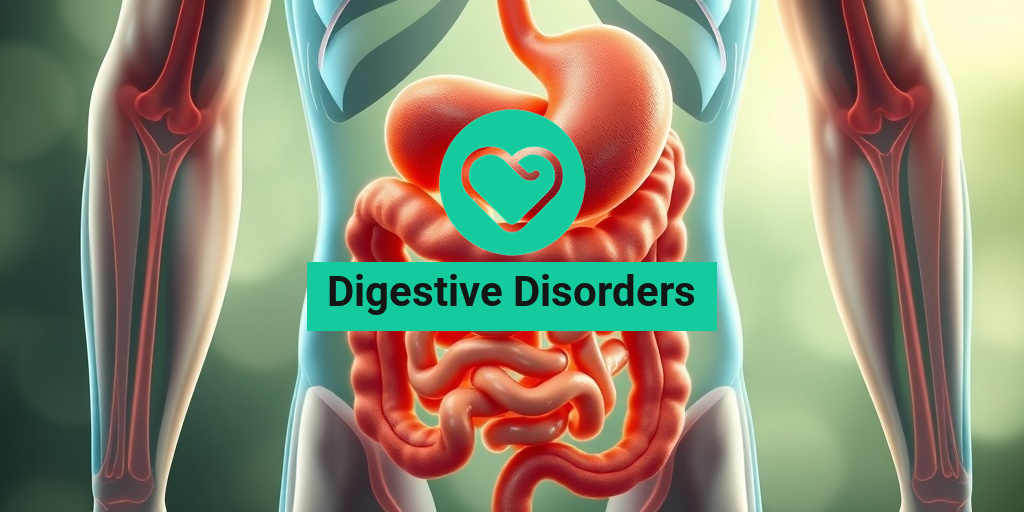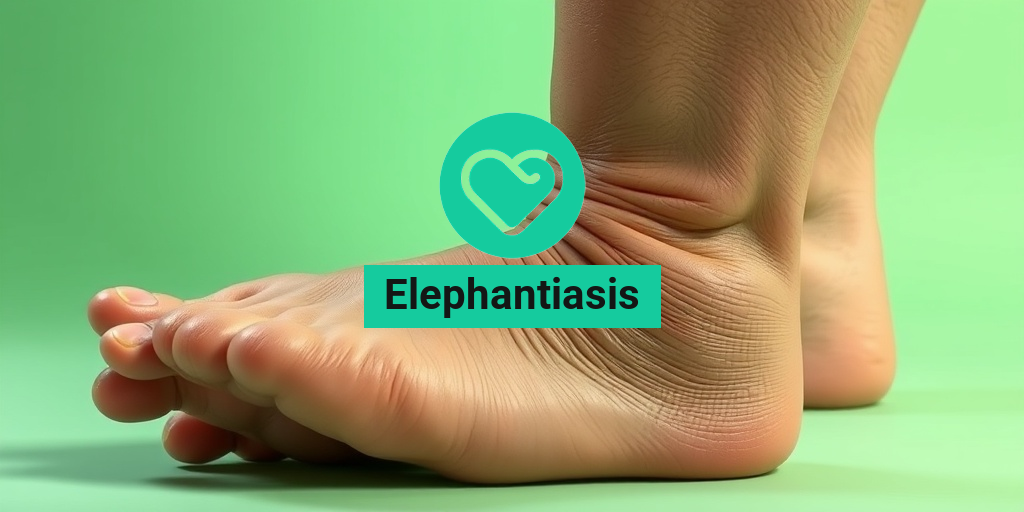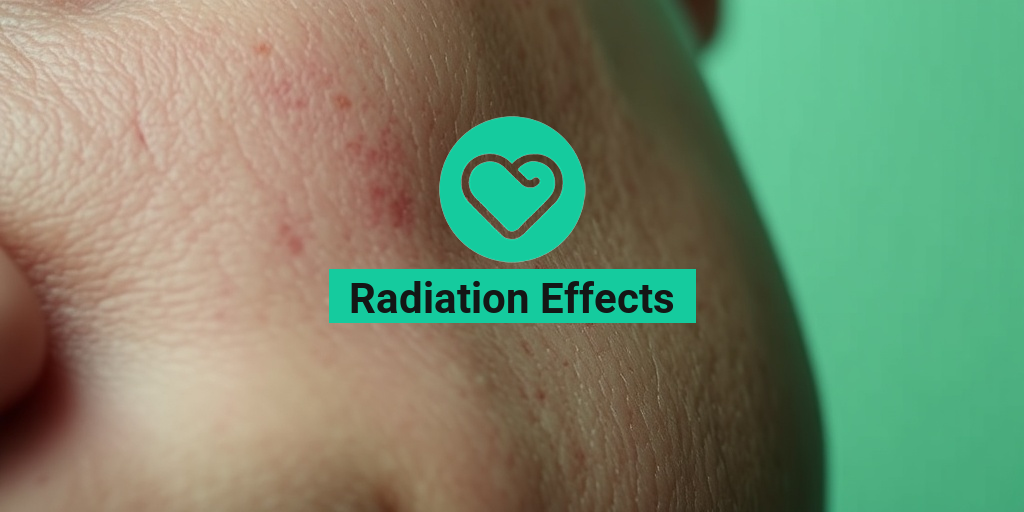What Are Digestive Disorders?
Digestive disorders encompass a wide range of conditions that affect the digestive system, which includes the esophagus, stomach, intestines, liver, pancreas, and gallbladder. These disorders can disrupt the normal process of digestion, leading to a variety of symptoms and complications. Understanding the meaning of digestive disorders is crucial for recognizing their impact on overall health.
In simple terms, digestive disorders refer to any condition that impairs the body’s ability to digest food and absorb nutrients effectively. This can result in discomfort, pain, and a host of other health issues. Some individuals may experience mild symptoms, while others may face severe complications that require medical intervention.
Common symptoms of digestive disorders include:
- Abdominal pain
- Bloating
- Diarrhea or constipation
- Nausea and vomiting
- Heartburn
These symptoms can significantly affect a person’s quality of life, making it essential to seek medical advice if they persist. For more detailed information on digestive disorders, you can explore resources like Yesil Health AI, which provides evidence-based health answers.
Common Digestive Disorders
There are numerous types of digestive disorders, each with its own set of symptoms and treatment options. Here are some of the most common digestive disorders that people may encounter:
1. Gastroesophageal Reflux Disease (GERD)
GERD is a chronic condition where stomach acid flows back into the esophagus, causing symptoms like heartburn and regurgitation. This disorder can lead to more serious complications if left untreated.
2. Irritable Bowel Syndrome (IBS)
IBS is a functional gastrointestinal disorder characterized by symptoms such as abdominal pain, bloating, and changes in bowel habits. While the exact cause is unknown, stress and diet can play significant roles in triggering symptoms.
3. Celiac Disease
Celiac disease is an autoimmune disorder where the ingestion of gluten leads to damage in the small intestine. Symptoms can range from digestive issues to skin rashes and fatigue. A strict gluten-free diet is the only effective treatment.
4. Inflammatory Bowel Disease (IBD)
IBD includes conditions like Crohn’s disease and ulcerative colitis, which cause chronic inflammation of the gastrointestinal tract. Symptoms often include severe abdominal pain, diarrhea, and weight loss. Treatment may involve medication and, in some cases, surgery.
5. Gallstones
Gallstones are hardened deposits that form in the gallbladder, often leading to pain and digestive issues. Treatment options may include dietary changes or surgical removal of the gallbladder.
6. Peptic Ulcers
Peptic ulcers are sores that develop on the lining of the stomach or the first part of the small intestine. They can cause significant pain and discomfort, often requiring medication to heal.
7. Constipation
Constipation is a common digestive disorder characterized by infrequent bowel movements and difficulty passing stools. It can be caused by a variety of factors, including diet, dehydration, and lack of physical activity.
Understanding these common digestive disorders can help individuals recognize symptoms early and seek appropriate treatment. If you or someone you know is experiencing persistent digestive issues, it’s important to consult a healthcare professional for a proper diagnosis and treatment plan.
In conclusion, digestive disorders can significantly impact daily life, but with the right knowledge and resources, individuals can manage their symptoms effectively. For more information and support, consider visiting Yesil Health AI for reliable health information. 🌟

Digestive Disorder Symptoms
Digestive disorders can manifest in various ways, affecting individuals differently. Recognizing the symptoms early can lead to timely intervention and treatment. Here are some common symptoms associated with digestive disorders:
1. Abdominal Pain and Discomfort
One of the most prevalent symptoms of digestive disorders is abdominal pain. This discomfort can range from mild cramping to severe pain and may be accompanied by bloating or gas. It’s essential to pay attention to the location and intensity of the pain, as it can provide clues about the underlying issue.
2. Changes in Bowel Habits
Changes in bowel habits are another significant indicator of digestive disorders. This can include:
- Diarrhea: Frequent, loose stools can indicate conditions like irritable bowel syndrome (IBS) or infections.
- Constipation: Difficulty in passing stools may suggest issues such as bowel obstruction or slow transit.
- Alternating Patterns: Some individuals may experience alternating bouts of diarrhea and constipation, often seen in IBS.
3. Nausea and Vomiting
Nausea and vomiting can occur due to various digestive disorders, including gastritis, gastroesophageal reflux disease (GERD), and food intolerances. If these symptoms persist, it’s crucial to seek medical advice.
4. Heartburn and Acid Reflux
Heartburn is a burning sensation in the chest caused by stomach acid backing up into the esophagus. This symptom is commonly associated with GERD and can significantly impact daily life.
5. Unexplained Weight Changes
Weight gain or loss without a clear reason can be a sign of digestive disorders. For instance, conditions like celiac disease can lead to weight loss due to malabsorption, while others may cause weight gain due to hormonal imbalances or fluid retention.
6. Fatigue and Weakness
Chronic digestive issues can lead to nutrient deficiencies, resulting in fatigue and weakness. If you find yourself feeling unusually tired, it may be worth exploring your digestive health.
7. Food Intolerances and Allergies
Many individuals experience symptoms like bloating, gas, or diarrhea after consuming certain foods. Identifying and avoiding these triggers can help manage symptoms effectively.
Causes of Digestive Disorders
Understanding the causes of digestive disorders is crucial for effective management and treatment. Here are some common factors that contribute to these conditions:
1. Diet and Nutrition
Your diet plays a significant role in digestive health. High-fat, low-fiber diets can lead to issues such as constipation and gallstones. Additionally, excessive consumption of processed foods, sugars, and artificial additives can disrupt gut health.
2. Stress and Mental Health
Stress can have a profound impact on your digestive system. Conditions like IBS are often exacerbated by stress and anxiety. Practicing stress management techniques, such as mindfulness and relaxation exercises, can help alleviate symptoms.
3. Infections and Illnesses
Infections caused by bacteria, viruses, or parasites can lead to acute digestive disorders. Conditions like gastroenteritis or food poisoning are examples of how infections can disrupt normal digestive function.
4. Medications
Certain medications can cause digestive issues as side effects. For instance, antibiotics can disrupt the balance of gut bacteria, leading to diarrhea or other gastrointestinal problems. Always consult with your healthcare provider about potential side effects of medications.
5. Underlying Health Conditions
Chronic health conditions such as diabetes, thyroid disorders, and autoimmune diseases can significantly impact digestive health. For example, celiac disease is an autoimmune disorder that affects the small intestine’s ability to absorb nutrients.
6. Lifestyle Factors
Factors such as lack of physical activity, smoking, and excessive alcohol consumption can contribute to digestive disorders. Incorporating regular exercise and moderating alcohol intake can promote better digestive health.
7. Genetic Predisposition
Some digestive disorders have a genetic component, meaning they can run in families. If you have a family history of conditions like Crohn’s disease or ulcerative colitis, you may be at a higher risk of developing similar issues.
By understanding the symptoms and causes of digestive disorders, individuals can take proactive steps towards better digestive health. If you experience persistent symptoms, it’s essential to consult a healthcare professional for proper diagnosis and treatment. 🌟

Risk Factors for Digestive Issues
Understanding the risk factors for digestive disorders is crucial for prevention and early intervention. Various elements can contribute to the development of these conditions, and being aware of them can help you make informed lifestyle choices. Here are some of the most common risk factors:
Dietary Habits
Your diet plays a significant role in your digestive health. Consuming a diet high in processed foods, sugars, and unhealthy fats can lead to various digestive disorders. On the other hand, a diet rich in fiber, fruits, and vegetables can promote better digestion. Here are some dietary habits to consider:
- Low Fiber Intake: Insufficient fiber can lead to constipation and other digestive issues.
- High Sugar Consumption: Excessive sugar can disrupt gut bacteria and lead to conditions like irritable bowel syndrome (IBS).
- Overeating: Consuming large meals can overwhelm the digestive system, leading to discomfort.
Genetic Predisposition
Some digestive disorders have a genetic component. If you have a family history of conditions like Crohn’s disease or ulcerative colitis, you may be at a higher risk. Genetic factors can influence how your body processes food and responds to various dietary components.
Age and Gender
Age and gender can also affect your risk for digestive disorders. For instance, older adults may experience a decline in digestive function, leading to issues like constipation or gastroesophageal reflux disease (GERD). Additionally, certain conditions may be more prevalent in women, such as gallstones and IBS.
Lifestyle Factors
Your lifestyle choices can significantly impact your digestive health. Here are some factors to consider:
- Physical Inactivity: A sedentary lifestyle can slow down digestion and contribute to weight gain, which is linked to various digestive disorders.
- Stress: High stress levels can lead to digestive issues like stomach ulcers and IBS.
- Smoking and Alcohol Consumption: Both smoking and excessive alcohol intake can irritate the digestive tract and lead to serious conditions.
Underlying Health Conditions
Certain health conditions can increase your risk of developing digestive disorders. For example, diabetes can affect digestion due to nerve damage, while autoimmune diseases can lead to inflammation in the digestive tract. It’s essential to manage these conditions effectively to minimize their impact on your digestive health.
Diagnosis of Digestive Disorders
Diagnosing digestive disorders can be complex, as symptoms often overlap with other health issues. A thorough evaluation is essential for accurate diagnosis and effective treatment. Here’s how healthcare professionals typically approach the diagnosis:
Medical History and Symptoms
The first step in diagnosing a digestive disorder is a comprehensive review of your medical history and symptoms. Your healthcare provider will ask about:
- Duration and Severity: How long have you been experiencing symptoms, and how severe are they?
- Dietary Habits: What does your typical diet look like?
- Family History: Are there any digestive disorders in your family?
Physical Examination
A physical examination can provide valuable insights into your digestive health. Your doctor may check for signs of bloating, tenderness, or other abnormalities in your abdomen. This examination can help identify potential issues that may require further investigation.
Diagnostic Tests
Depending on your symptoms, your healthcare provider may recommend various diagnostic tests, including:
- Blood Tests: These can help identify infections, inflammation, or other underlying conditions.
- Imaging Studies: Techniques like X-rays, ultrasounds, or CT scans can visualize the digestive tract and identify abnormalities.
- Endoscopy: This procedure allows doctors to view the digestive tract directly and take biopsies if necessary.
Specialized Tests
In some cases, specialized tests may be required to diagnose specific conditions. For example, a hydrogen breath test can help diagnose lactose intolerance or small intestinal bacterial overgrowth (SIBO). Your doctor will determine the most appropriate tests based on your symptoms and medical history.
Understanding the risk factors and diagnosis of digestive disorders is essential for maintaining good health. By being proactive and seeking medical advice when necessary, you can take control of your digestive health and improve your overall well-being. 🌱

Treatment Options for Digestive Disorders
Digestive disorders can significantly impact your quality of life, causing discomfort and a range of symptoms that can be both frustrating and debilitating. Fortunately, there are various treatment options available to help manage these conditions effectively. Understanding these options can empower you to make informed decisions about your health.
Medications
Medications are often the first line of defense against digestive disorders. Depending on the specific condition, different types of medications may be prescribed:
- Antacids: These help neutralize stomach acid and provide quick relief from heartburn and indigestion.
- Proton Pump Inhibitors (PPIs): Used to reduce stomach acid production, these are effective for conditions like GERD (Gastroesophageal Reflux Disease).
- Laxatives: For those suffering from constipation, laxatives can help stimulate bowel movements.
- Antidiarrheal medications: These can help manage symptoms of diarrhea, providing relief from frequent trips to the bathroom.
Dietary Changes
Making dietary adjustments is crucial in managing digestive disorders. Here are some common recommendations:
- High-fiber foods: Incorporating fruits, vegetables, and whole grains can promote healthy digestion.
- Probiotics: Foods rich in probiotics, like yogurt and fermented products, can help restore gut health.
- Avoiding trigger foods: Identifying and eliminating foods that exacerbate symptoms is essential for many individuals.
Therapies and Procedures
In some cases, more advanced treatments may be necessary:
- Endoscopy: This procedure allows doctors to visualize the digestive tract and can be used for diagnosis or treatment.
- Surgery: For severe cases, surgical options may be considered, especially for conditions like Crohn’s disease or severe GERD.
Alternative Treatments
Many individuals find relief through alternative therapies, which can complement traditional treatments:
- Acupuncture: This ancient practice may help alleviate symptoms of digestive disorders.
- Herbal remedies: Certain herbs, like ginger and peppermint, are known for their digestive benefits.
Home Remedies for Digestive Health
In addition to medical treatments, many people turn to home remedies to support digestive health. These natural solutions can be effective in alleviating symptoms and promoting overall wellness.
Stay Hydrated
Drinking plenty of water is essential for maintaining digestive health. Staying hydrated helps to keep food moving through the digestive tract and can prevent constipation. Aim for at least 8 glasses of water a day to support your digestive system. 💧
Ginger Tea
Ginger is renowned for its digestive properties. Drinking ginger tea can help soothe an upset stomach, reduce nausea, and promote healthy digestion. Simply steep fresh ginger slices in hot water for a comforting beverage.
Apple Cider Vinegar
Many people swear by apple cider vinegar as a natural remedy for digestive issues. Mixing a tablespoon of apple cider vinegar in a glass of water before meals may help improve digestion and reduce bloating. Just be cautious, as it can be acidic and should be consumed in moderation.
Probiotic-Rich Foods
Incorporating probiotic-rich foods into your diet can enhance gut health. Foods like yogurt, kefir, sauerkraut, and kimchi are excellent sources of beneficial bacteria that support digestion. 🥒
Mindful Eating
Practicing mindful eating can significantly improve your digestive health. Take the time to chew your food thoroughly, eat slowly, and pay attention to your body’s hunger cues. This approach can help prevent overeating and reduce digestive discomfort.
Regular Exercise
Physical activity is not only beneficial for overall health but also plays a crucial role in digestion. Regular exercise can help stimulate the digestive system, reduce bloating, and promote regular bowel movements. Aim for at least 30 minutes of moderate exercise most days of the week. 🏃♂️
By exploring these treatment options and home remedies, you can take proactive steps toward managing digestive disorders and enhancing your overall digestive health. Remember, it’s essential to consult with a healthcare professional before starting any new treatment or remedy to ensure it’s appropriate for your specific condition.

Frequently Asked Questions about Digestive Disorders
What are the common types of digestive disorders?
Digestive disorders encompass a wide range of conditions that affect the gastrointestinal tract. Some common types include:
- Gastroesophageal reflux disease (GERD)
- Irritable bowel syndrome (IBS)
- Celiac disease
- Inflammatory bowel disease (IBD), including Crohn’s disease and ulcerative colitis
- Peptic ulcers
What are the symptoms of digestive disorders?
Symptoms can vary widely depending on the specific disorder, but common symptoms include:
- Abdominal pain
- Bloating
- Diarrhea or constipation
- Nausea
- Heartburn
Can digestive disorders cause weight gain?
Yes, certain digestive disorders can lead to weight gain. For example, conditions that affect nutrient absorption or metabolism may result in weight changes. It’s important to consult a healthcare professional for personalized advice. ⚖️
How are digestive disorders diagnosed?
Diagnosis typically involves a combination of medical history, physical examinations, and diagnostic tests such as:
- Blood tests
- Endoscopy
- Imaging tests (like X-rays or CT scans)
- Stool tests
What treatments are available for digestive disorders?
Treatment options vary based on the specific disorder but may include:
- Dietary changes to manage symptoms
- Medications to reduce inflammation or manage symptoms
- Therapies such as cognitive behavioral therapy for IBS
- Surgery in severe cases
Are digestive disorders common in pets?
Yes, digestive disorders can also occur in dogs and other pets. Symptoms may include vomiting, diarrhea, and changes in appetite. If you notice these signs in your pet, consult a veterinarian. 🐾
Where can I find more information about digestive disorders?
For more information, consider visiting reputable health websites, consulting healthcare professionals, or joining support groups focused on digestive health.




